ABOUT MARLICE
The Forum is conceived as a cross-sectoral and multi-stakeholder event to advance in the management of marine litter, gathering public authorities, research institutes, private sector and environmental organizations. Marine Litter is a man-made solid waste which, for various reasons, ends up abandoned in marine and coastal environments.
It is considered as a proper global environmental challenge and one of the greatest threats to marine biodiversity by the Marine Strategy Framework Directive (MSFD) and the Convention of Biological Diversity of United Nations.
Connectivity through ocean currents makes this a transboundary problem which needs cooperation between countries.
The Forum will serve as a platform for projects in the Mediterranean and Atlantic area to hold meetings as part of their actions, thus contributing with content to the sessions and promoting synergies between different sectors, countries and regions.
Organizing entity:

The Spanish Marine Litter Association was founded with the goal of unifying efforts of private and public institutions concerned about marine litter in order to improve and speed up ranges of work that will improve
Learn more
WHY
Marlice 2019 is necessary to attract interest on the problem of marine litter of the European and International regions, in order to improve the knowledge of the problem at transnational level and explore recovery routes of natural areas and waste, within the framework of the circular economy concept.
The strategic situation of Spain between two regional seas makes it a privileged area for the development of a constructive discussion meeting in the search for common solutions.
WHO
- Public administration: representatives of international conventions for the protection of the marine environment.
- Research: representatives of the main groups of research in this topic (initiatives of research and development in the topics of upcycling, reuse and recovery or materials at the end of their life.
- Business sector: representatives of iconic companies in waste management, recovery, producers, recyclers, eco-design, etc. at national and international level.
- Environmental conservation entities: representatives of the leading entities of large international projects on marine litter.
HOW
The general dynamics of the Forum are set up according to four thematic blocks, and some sessions will be cross-thematic resulting from the integration of international projects into the program.
Each Session will be chaired by the organiser of the related project or a guest speaker, who is responsible for the moderation and wrapping up key conclusions to be presented later in the plenary room.
Here are the four thematic blocks:
1. Governance: How are the regional action plans and national programs’ measures performing in terms of reducing marine litter? This theme aims at exploring contributions at regional and national level in tackling marine litter, as well as the cooperation with other stakeholders for achieving the objectives.
Proposed areas of work:
- Marine litter prevention measures in relation to marine conservation policies.
- Regulatory frameworks addressing single-use plastics.
- Implementation of existing and upcoming regulations and policies.
2. Circular economy and innovation: How can the circular economy play a substantial role in reducing marine litter? Product designers and waste managers have a crucial role in preventing marine litter, as well as consumers’ behavior. Emerging markets for recovered litter may be explored.
Proposed areas of work:
- The role of the private sector in the collection, recovery and valorization of marine litter.
- The potential value of litter in the market from the perspective of circular economy.
- Pioneering projects in restructuring production processes.
- The sectoral initiatives in waste reduction.
- The role of consumers in enabling the circular economy.
- Responsible consumption and behaviour.
3. Research: Which are the latest advances in the field of characterization, distribution, modeling, monitoring and assessment of impacts of macro and micro-litter. This theme will specially touch upon harmonized research approaches.
Proposed areas of work:
- State of the art of macro and micro-litter research: characterization, distribution, modeling and identification of hotspots.
- Fate of microplastics and microfibers and associated impact on the environment and health.
- Marine litter impact on biodiversity and related indicators
4. Awareness, conservation and citizen science.
Proposed areas of work:
- The role of citizens in generating information and finding solutions to the problem of marine litter.
- The contribution of citizen science to the conservation of marine ecosystems.
- Restoration of natural areas and recovery of litter through participatory activities.
- Education and awareness about marine litter.
With the support of
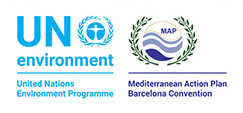 |
 |
 |
 |
 |
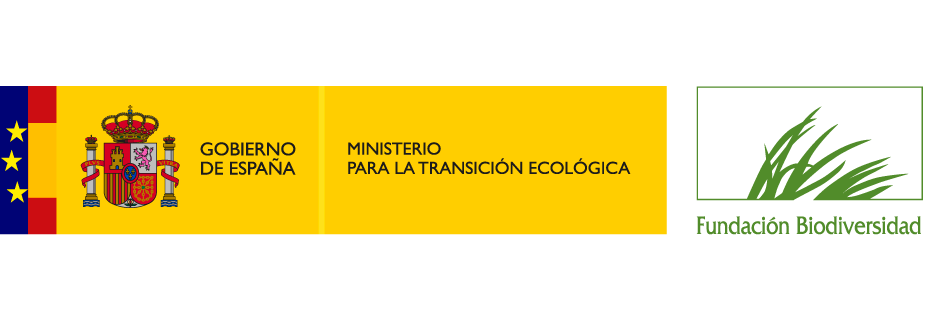 |
 |
 |
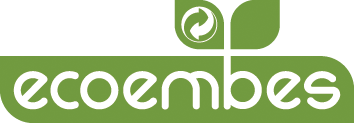 |
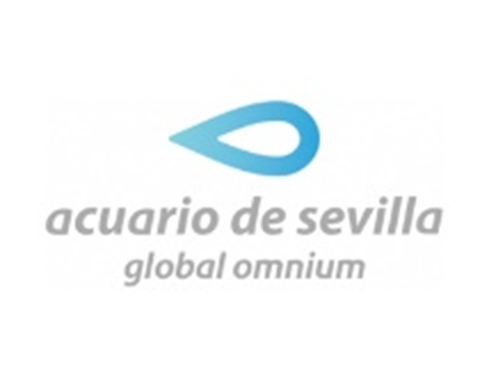 |
With the collaboration of
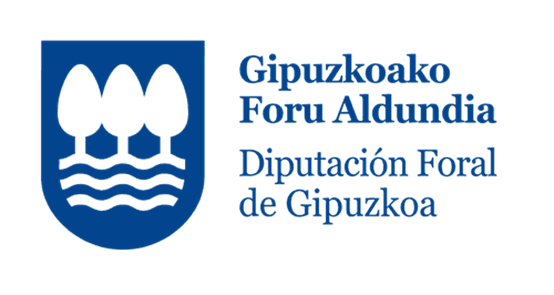 |
 |
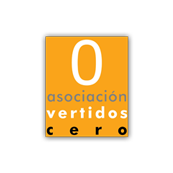 |
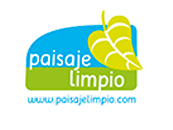 |
 |
||||
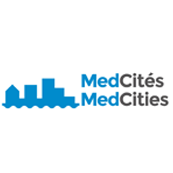 |
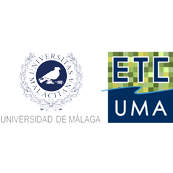 |
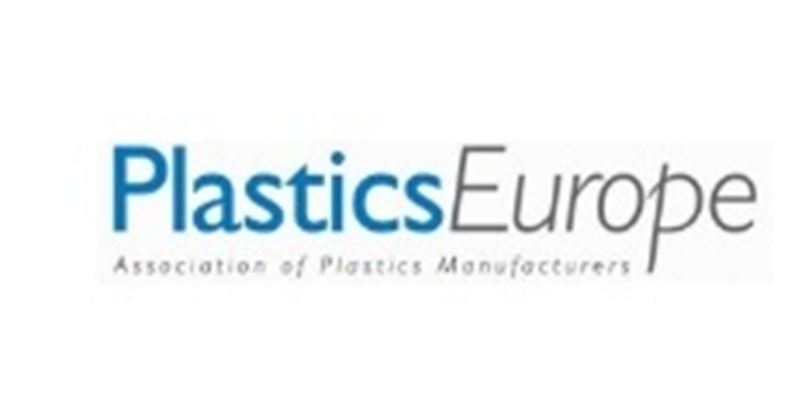 |
 |
 |
||||
 |
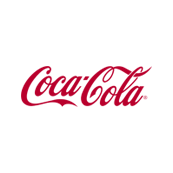 |
Collaborating Projects
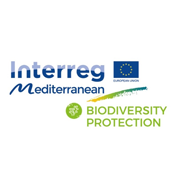 |
 |
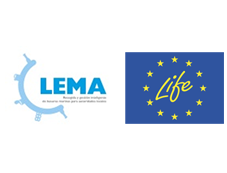 |
 |
|||
| Marine Litter Med | Cooperation Agreement IMELS – UN Environment/MAP |
| Promoted by | ||||
 |
||||

